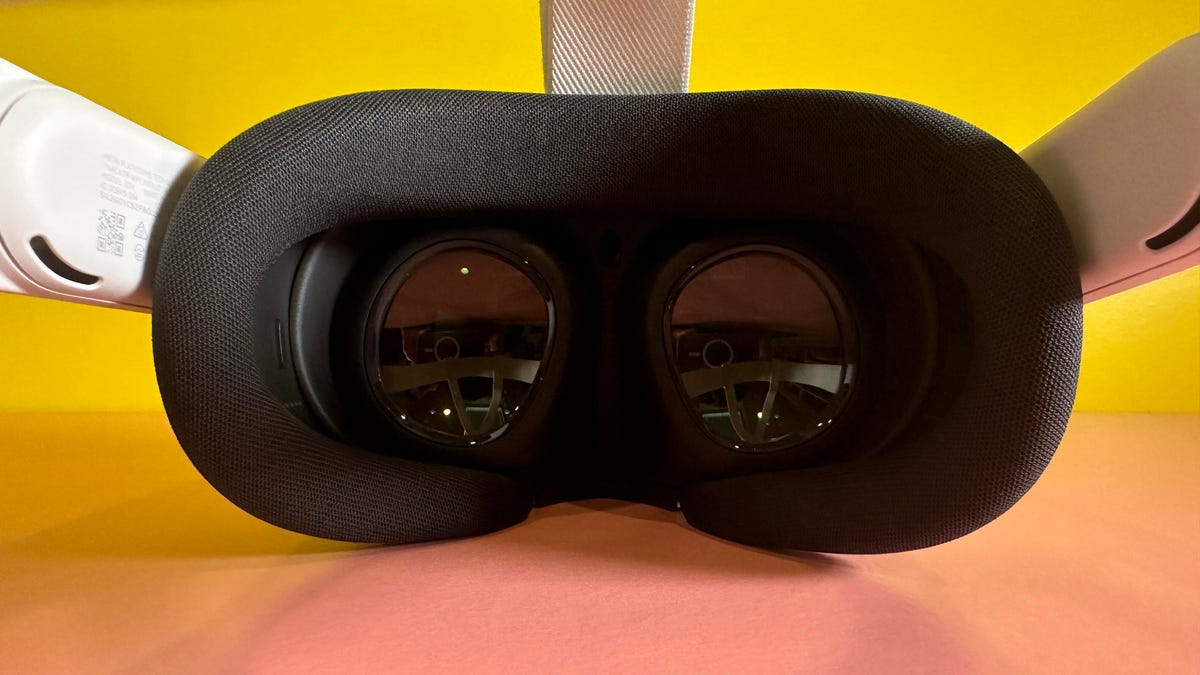Meta Expands Its Mixed Reality Beyond the Quest Headsets
Meta opened the Quest Horizon OS to others, and now VR headsets from Asus, Lenovo and even an Xbox variant are on the way.

More Meta-compatible mixed reality and VR headsets are coming from third-party manufacturers.
As the VR-AR wars heat up between Meta, Apple, Sony and eventually Google and Samsung, Meta CEO Mark Zuckerberg just made a fascinating chess move. Meta just announced that its VR OS, now called Horizon OS, will work on devices beyond the Quest. And partners are already coming: Asus, Lenovo, and Microsoft.
The news, delivered in a blog post Monday, reveals that Meta's OS will be open to third parties. Future headsets will all be able to connect via the same Meta Quest app on iOS and Android that currently exists, but its name will change to Meta Horizon.
Asus is making a "performance based" VR gaming headset under its Republic of Gamers brand, according to the post. Lenovo is also planning to make VR devices compatible with Meta Horizon OS. (Lenovo made the Oculus Rift S PC-connected headset with Meta, and it's made lots of VR and AR products over the years.) According to Meta, Lenovo's headsets will focus on "productivity, learning and entertainment."
There will also be an Xbox-branded Meta Quest coming as a limited-edition "inspired by Xbox" product with some involvement by Microsoft, although Meta's vague on the details.
There are some big changes coming to how the Quest mixed reality software works, though: App Lab, a semi-hidden part of the Quest app store that's been a big source of emerging software for years, is going to be a more visible part of the app store soon. Meta is also promising an open mixed-reality framework, so all these headsets and developers can start figuring out how AR-like experiences on future headsets can work better.
Meta's CTO, Andrew Bosworth, hinted to CNET in a conversation a few weeks ago that Meta's upcoming VR and AR devices could start expanding into new, more focused variants. That's exactly what this move seems like: a chance to expand Meta's footprint with other brands and designs. A fitness-focused headset would also seem like a logical move, but there's no news on that front yet.
Will these "open" moves give Meta a better VR and AR foothold compared with Apple's Vision Pro? How about whatever Google and Samsung are developing for their first mixed reality product? Is it even possible that Google and Samsung's device -- or even Apple's, at some point -- could work with Meta's Horizon OS, too?
It's hard to tell, but anyone who's been shopping for a Quest headset might want to think about whether they want to wait and see what all these other Quest-like headsets coming down the road could end up delivering, too.

